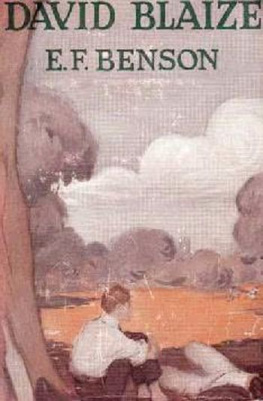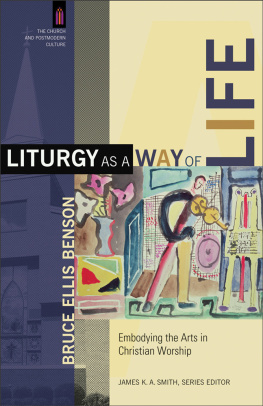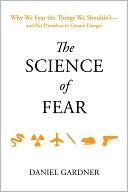WHERE NO FEAR WAS
A BOOK ABOUT FEAR
* * *
ARTHUR CHRISTOPHER BENSON
*
Where No Fear Was
A Book About Fear
First published in 1914
ISBN 978-1-63421-484-1
Duke Classics
2015 Duke Classics and its licensors. All rights reserved.
While every effort has been used to ensure the accuracy and reliability of the information contained in this edition, Duke Classics does not assume liability or responsibility for any errors or omissions in this book. Duke Classics does not accept responsibility for loss suffered as a result of reliance upon the accuracy or currency of information contained in this book.
Contents
*
*
"Thus they went on till they came to about the middle of the Valley,and then Christiana said, 'Methinks I see something yonder on the roadbefore us, a thing of such a shape such as I have not seen.' Then saidJoseph, 'Mother, what is it?' 'An ugly thing, Child, an ugly thing,'said she. 'But, Mother, what is it like?' said he. "Tis like I cannottell what,' said she. And now it was but a little way off. Then saidshe, 'It is nigh.'"
"Pilgrim's Progress," Part II.
I - The Shadow
*
There surely may come a time for each of us, if we have lived with anyanimation or interest, if we have had any constant or even fitfuldesire to penetrate and grasp the significance of the strange adventureof life, a time, I say, when we may look back a little, notsentimentally or with any hope of making out an impressive case forourselves, and interrogate the memory as to what have been the mostreal, vivid, and intense things that have befallen us by the way. Wemay try to separate the momentous from the trivial, and the importantfrom the unimportant; to discern where and how and when we might haveacted differently; to see and to say what has really mattered, what hasmade a deep mark on our spirit; what has hampered or wounded or maimedus. Because one of the strangest things about life seems to be ourincapacity to decide beforehand, or even at the time, where the realand fruitful joys, and where the dark dangers and distresses lie. Thethings that at certain times filled all one's mind, kindled hope andaim, seemed so infinitely desirable, so necessary to happiness, havefaded, many of them, into the lightest and most worthless of husks andphantoms, like the withered flowers that we find sometimes shut in thepages of our old books, and cannot even remember of what glowing andemotional moment they were the record!
How impossible it is ever to learn anything by being told it! Hownecessary it is to pay the full price for any knowledge worth having!The anxious father, the tearful mother, may warn the little boy beforehe goes to school of the dangers that await him. He does notunderstand, he does not attend, he is looking at the pattern of thecarpet, and wondering for the hundredth time whether the oddly-shapedblue thing which appears and reappears at intervals is a bird or afloweryes, it is certainly meant for a bird perched on a bough! Hewishes the talk were over, he looks at the little scar on his father'shand, and remembers that he has been told that he cut it in acucumber-frame when he was a boy. And then, long afterwards perhaps,when he has made a mistake and is suffering for it, he sees that it wasTHAT of which they spoke, and wonders that they could not haveexplained it better.
And this is so all along! We cannot recognise the dark tower, to whichin the story Childe Roland came, by any description. We must go thereourselves; and not till we feel the teeth of the trap biting into us,do we see that it was exactly in such a place that we had been warnedthat it would be laid.
There is an episode in that strange and beautiful book Phantastes, byGeorge Macdonald, which comes often to my mind. The boy is wandering inthe enchanted forest, and he is told to avoid the house where theDaughter of the Ogre lives. His morose young guide shows him where thepaths divide, and he takes the one indicated to him with a sense ofmisgiving.
A little while before he had been deceived by the Alder-maiden, and hadgiven her his love in error. This has taken some of the old joy out ofhis heart, but he has made his escape from her, and thinks he haslearned his lesson.
But he comes at last to the long low house in the clearing; he findswithin it an ancient woman reading out of an old volume; he enters, heexamines the room in which she sits, and yielding to curiosity, heopens the door of the great cupboard in the corner, in spite of amuttered warning. He thinks, on first opening it, that it is just adark cupboard; but he sees with a shock of surprise that he is lookinginto a long dark passage, which leads out, far away from where hestands, into the starlit night. Then a figure, which seems to have beenrunning from a long distance, turns the corner, and comes speeding downtowards him. He has not time to close the door, but stands aside to letit pass; it passes, and slips behind him; and soon he sees that it is ashadow of himself, which has fallen on the floor at his feet. He askswhat has happened, and then the old woman says that he has found hisshadow, a thing which happens to many people; and then for the firsttime she raises her head and looks at him, and he sees that her mouthis full of long white teeth; he knows where he is at last, and stumblesout, with the dark shadow at his heels, which is to haunt him somiserably for many a sad day.
That is a very fine and true similitude of what befalls many men andwomen. They go astray, they give up some precious thingtheirinnocence perhapsto a deluding temptation. They are delivered for atime; and then a little while after they find their shadow, which notears or anguish of regret can take away, till the healing of life andwork and purpose annuls it. Neither is it always annulled, even inlength of days.
But it is a paltry and inglorious mistake to let the shadow have itsdisheartening will of us. It is only a shadow, after all! And if wecapitulate after our first disastrous encounter, it does not mean thatwe shall be for ever vanquished, though it means perhaps a long anddreary waste of shame-stained days. That is what we must try toavoidany WASTE of time and strength. For if anything is certain, itis that we have all to fight until we conquer, and the sooner we takeup the dropped sword again the better.
And we have also to learn that no one can help us except ourselves.Other people can sympathise and console, try to soothe our injuredvanity, try to persuade us that the dangers and disasters ahead are notso dreadful as they appear to be, and that the mistakes we have madeare not irreparable. But no one can remove danger or regret from us, orrelieve us of the necessity of facing our own troubles; the most thatthey can do, indeed, is to encourage us to try again.
But we cannot hope to change the conditions of life; and one of itsconditions is, as I have said, that we cannot foresee dangers. Nomatter how vividly they are described to us, no matter how eagerlythose who love us try to warn us of peril, we cannot escape. For thatis the essence of lifeexperience; and though we cannot rejoice whenwe are in the grip of it, and when we cannot see what the end will be,we can at least say to ourselves again and again, "this is at allevents realitythis is business!" for it is the moments of enduranceand energy and action which after all justify us in living, and not thepleasant spaces where we saunter among flowers and sunlit woods. Thoseare conceded to us, to tempt us to live, to make us desire to remain inthe world; and we need not be afraid to take them, to use them, toenjoy them; because all things alike help to make us what we are.

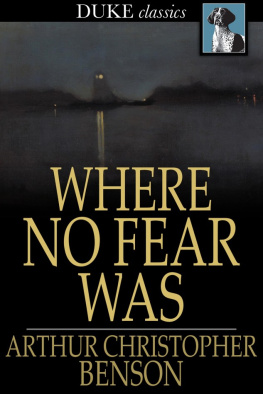
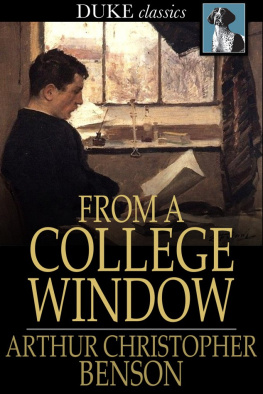

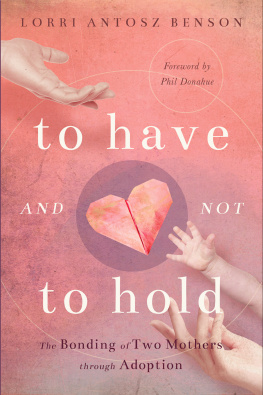
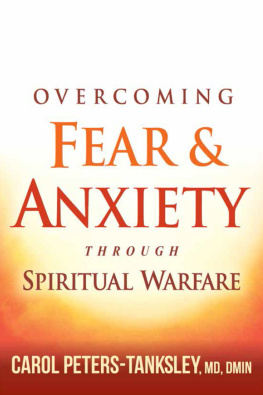
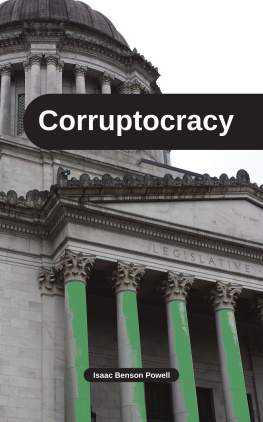
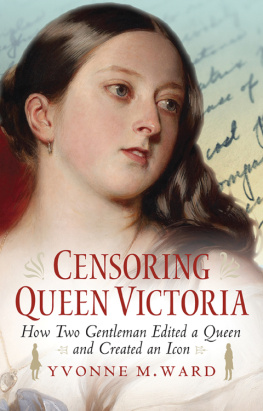
![Robert Hugh Benson [Benson - Robert Hugh Benson Collection [11 Books]](/uploads/posts/book/139831/thumbs/robert-hugh-benson-benson-robert-hugh-benson.jpg)

